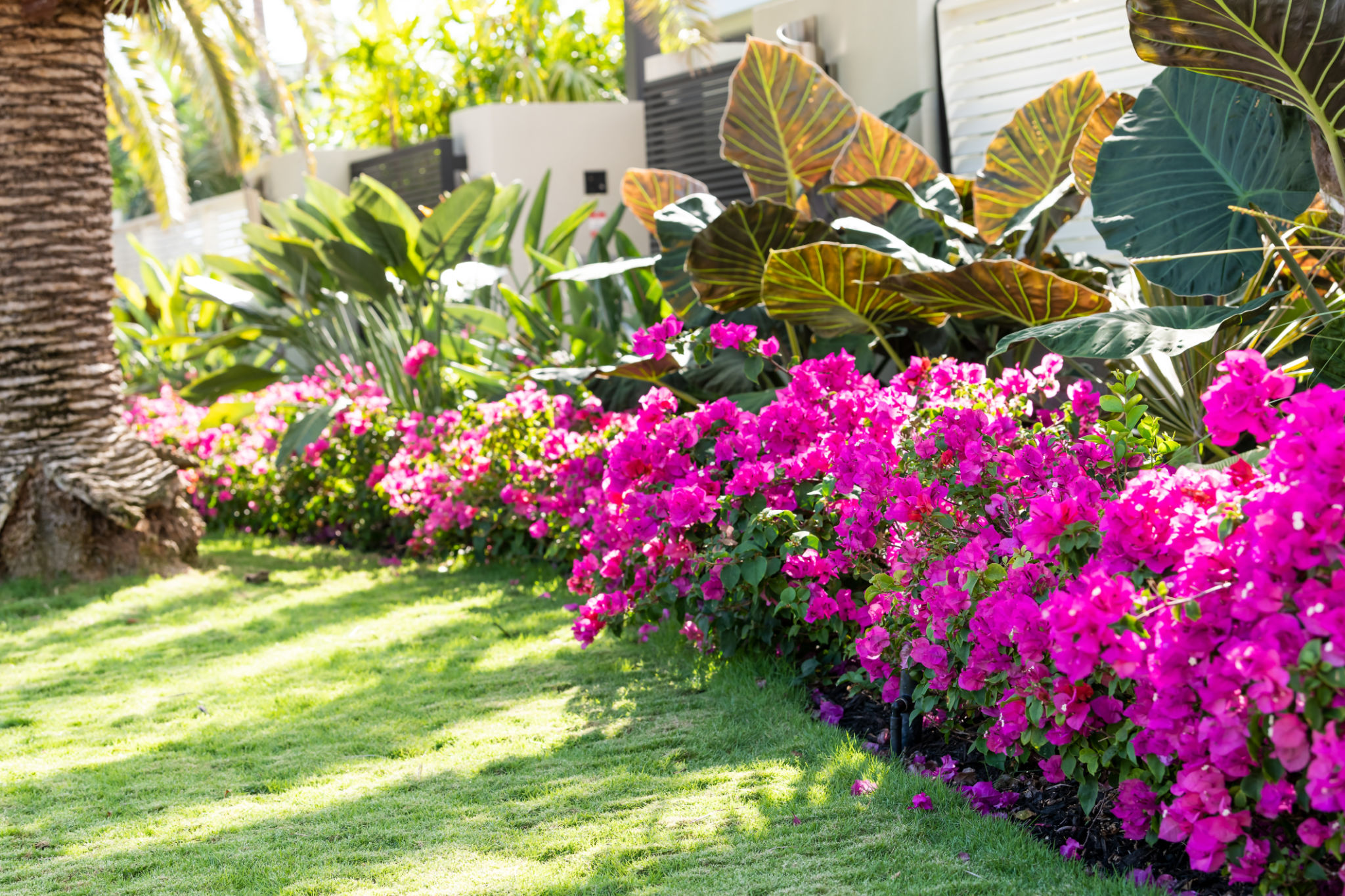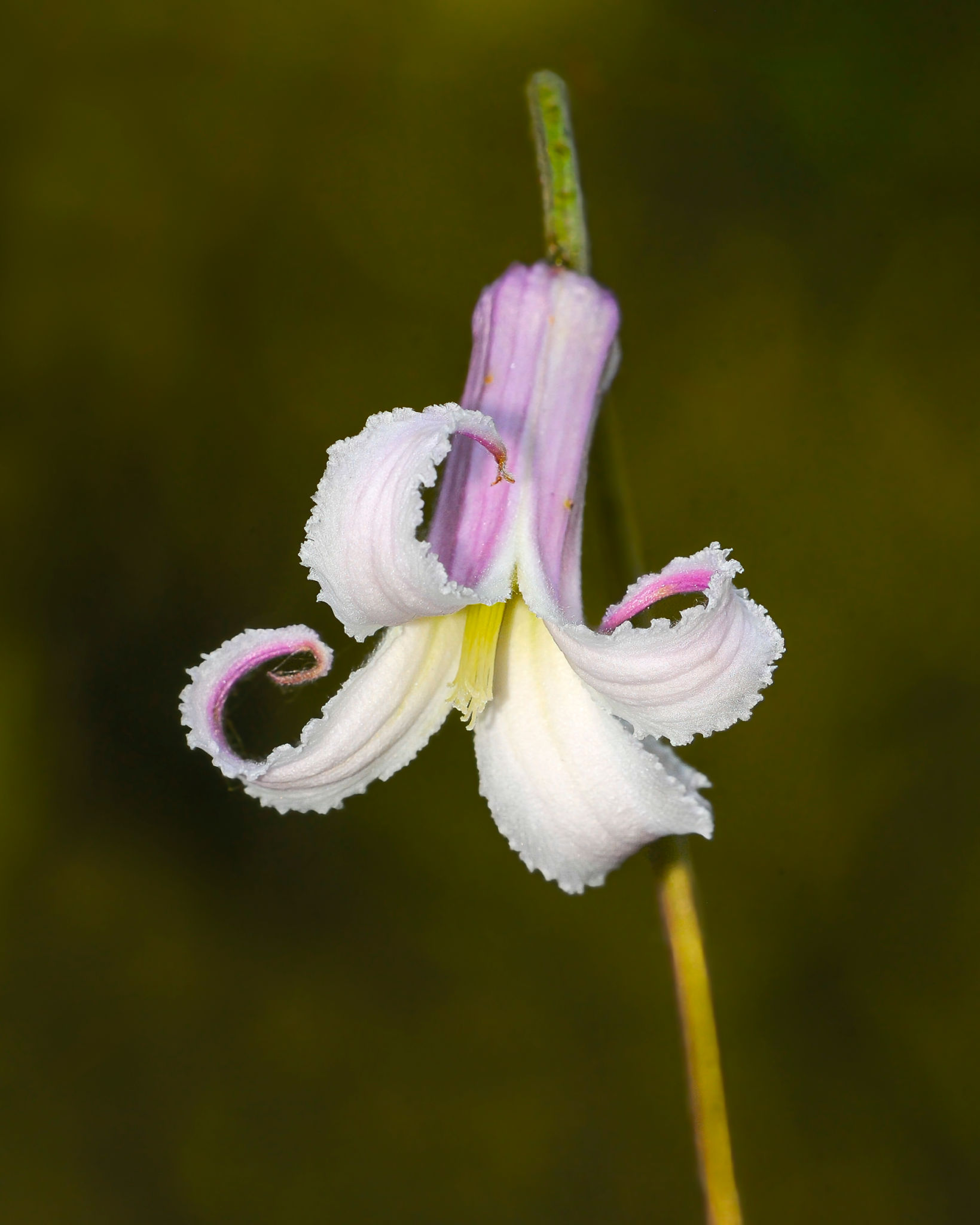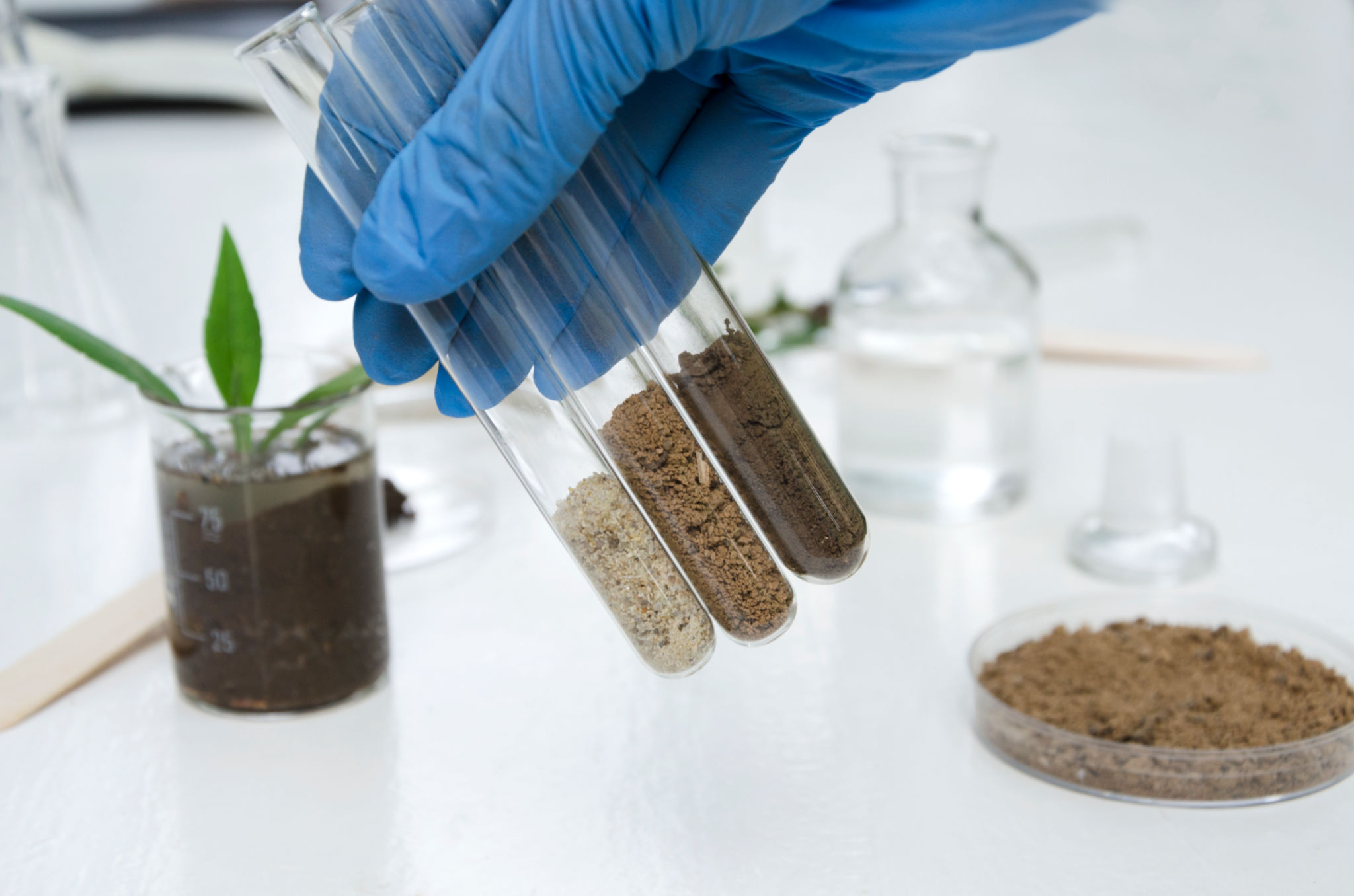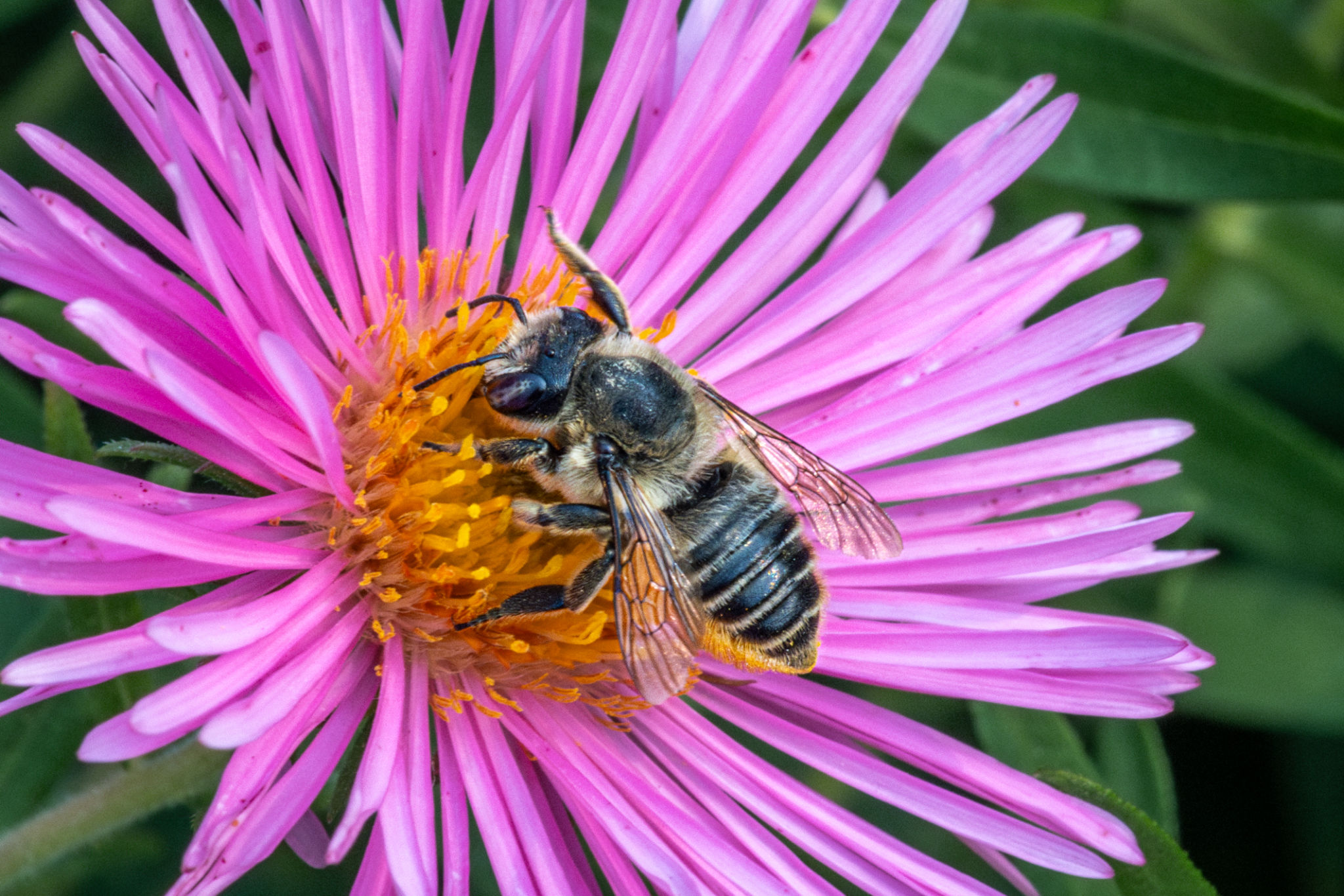Creating a Florida-Friendly Garden: Essential Tips and Tricks
Understanding Florida’s Unique Climate
Creating a Florida-friendly garden starts with understanding the state’s unique climate. Known for its warm temperatures, high humidity, and frequent rainfall, Florida’s climate can be both a blessing and a challenge for gardeners. The key is to select plants that thrive in these conditions, ensuring a lush and sustainable garden all year round.
Consider the microclimates within your garden area. Factors such as sun exposure, wind patterns, and soil type can significantly impact plant health. By tailoring your gardening strategies to these microenvironments, you can optimize plant growth and reduce maintenance efforts.

Choosing the Right Plants
Selecting the right plants is crucial for a successful Florida-friendly garden. Native plants are often the best choice as they are adapted to the local climate and soil conditions. These plants require less water, fertilizer, and pesticides, making them an environmentally friendly option. Some popular native choices include Firebush, Beautyberry, and Coontie.
It's also important to consider the plant's water needs. Opt for drought-tolerant species to conserve water and ensure that your garden remains vibrant during dry spells. Group plants with similar water requirements together to simplify irrigation.

Efficient Irrigation Systems
Water conservation is a significant aspect of creating a Florida-friendly garden. Implementing an efficient irrigation system can help you manage water usage effectively. Drip irrigation systems are ideal as they deliver water directly to the plant roots, minimizing evaporation and runoff.
Additionally, consider installing rain sensors or soil moisture sensors to prevent overwatering. These devices help maintain optimal soil moisture levels, promoting healthy plant growth while conserving water resources.
Soil Management Practices
Healthy soil is fundamental to a thriving garden. Start by testing your soil to determine its composition and nutrient levels. This information will guide you in selecting the appropriate amendments to enhance soil fertility and structure.

Incorporate organic matter such as compost or mulch to improve soil health. Mulching not only enriches the soil but also helps retain moisture, suppress weeds, and regulate soil temperature. Aim to use organic mulch materials like pine bark or wood chips for the best results.
Pest Management Strategies
Pest management is an essential component of maintaining a Florida-friendly garden. Integrated Pest Management (IPM) techniques focus on using natural predators, biological controls, and environmentally safe products to manage pest populations effectively.
Encourage beneficial insects like ladybugs and lacewings by planting a diverse range of flowering plants. Regularly monitor your garden for signs of pest activity and take prompt action if necessary, using eco-friendly solutions wherever possible.

Maintaining Your Garden’s Health
Regular maintenance is key to a thriving Florida-friendly garden. This includes routine tasks such as pruning, weeding, and monitoring plant health. Prune plants to enhance air circulation and remove diseased or damaged growth.
Weed control is essential to prevent competition for nutrients and water. Employ manual removal methods or organic weed control solutions to keep your garden free from invasive species.
Conclusion
By understanding Florida’s climate, selecting the right plants, implementing efficient irrigation systems, managing soil health, and employing effective pest control strategies, you can create a beautiful and sustainable Florida-friendly garden. Embrace these essential tips and tricks to enjoy a vibrant outdoor space that thrives in harmony with the local environment.
